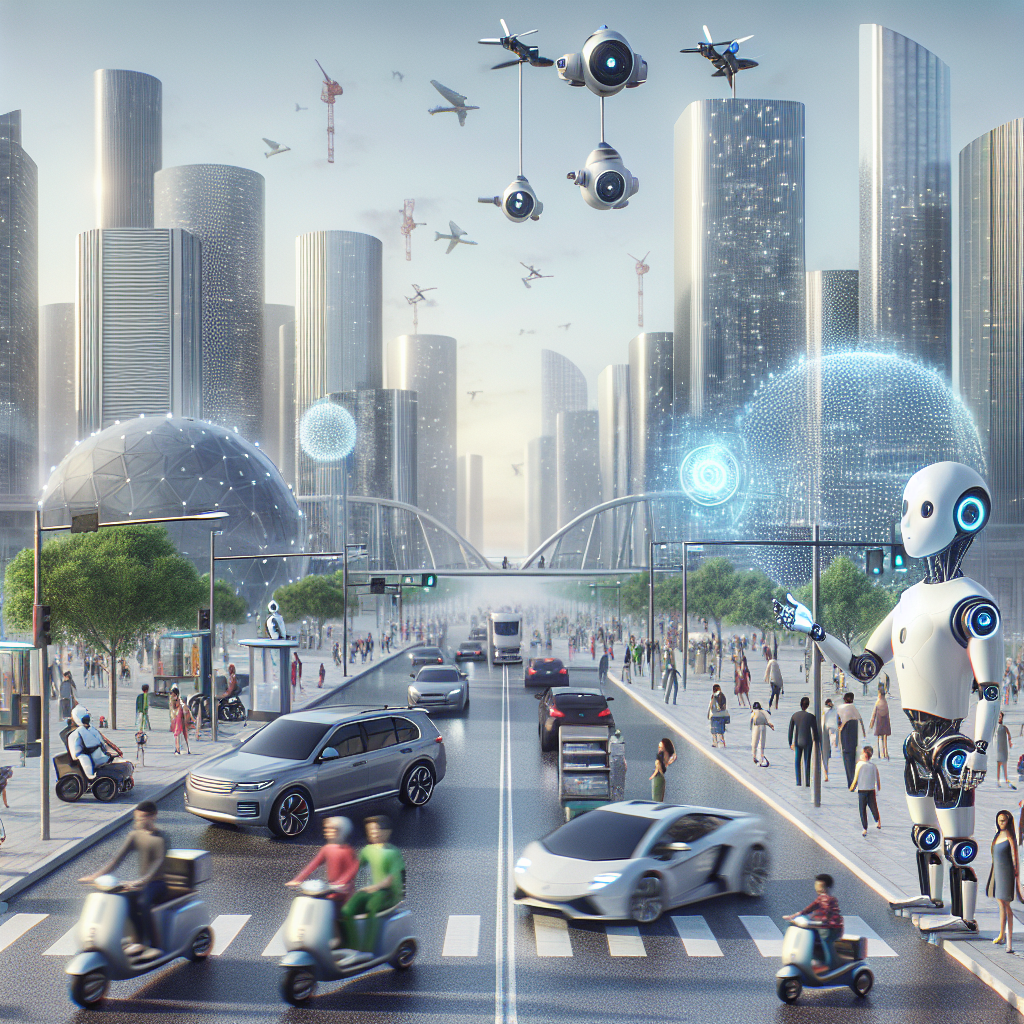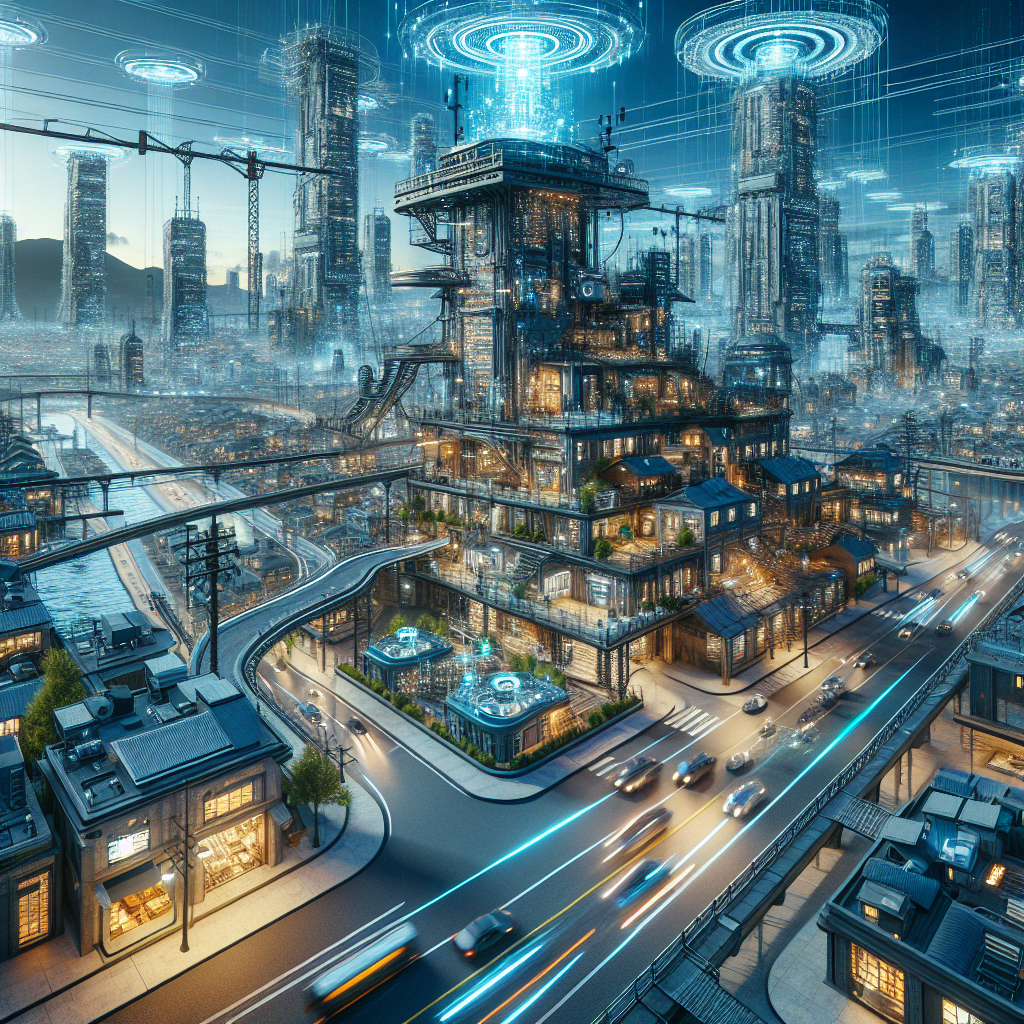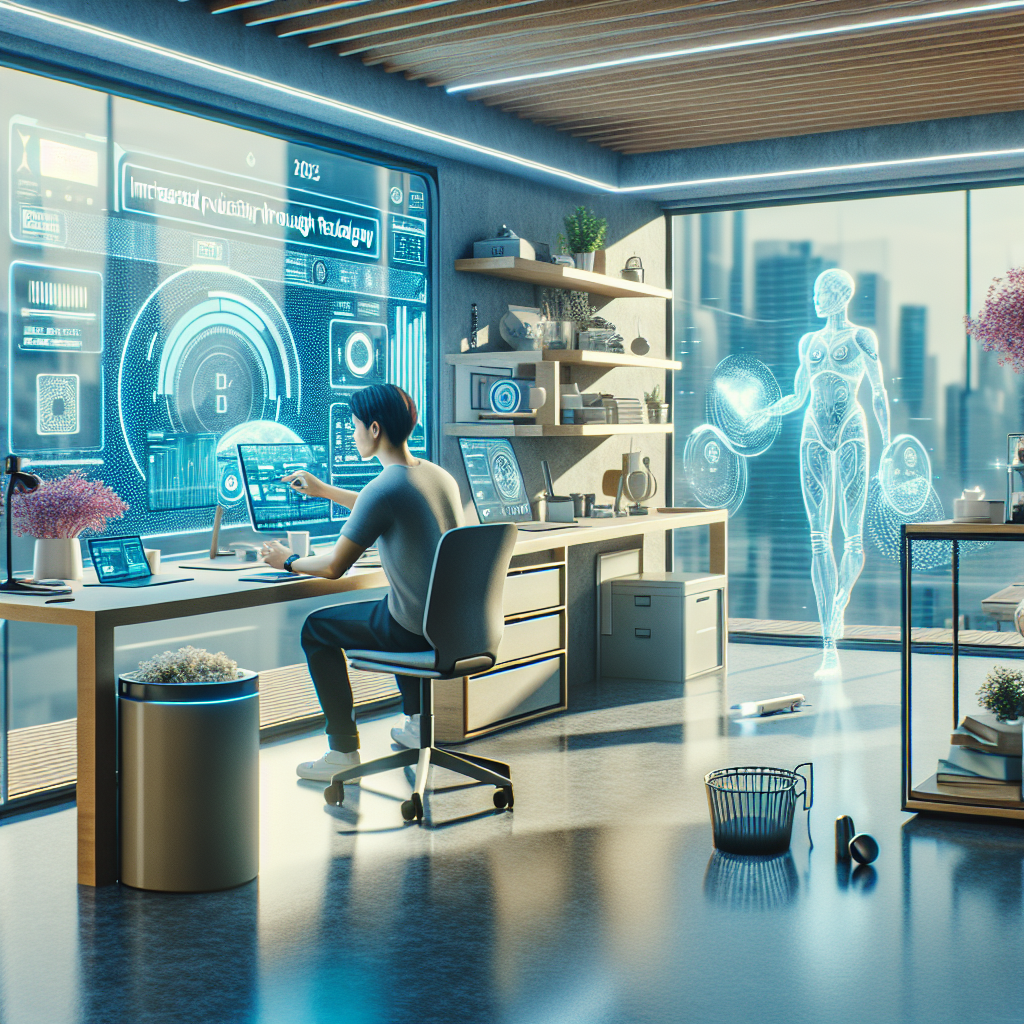The rapid advancement of artificial intelligence (AI) technologies continues to disrupt our traditional understanding of many industries and daily life. In 2025, the AI impact has become more profound and far-reaching than most anticipated, reshaping economies, careers, and personal experiences in ways once thought impossible. This transformation challenges long-held assumptions about innovation, work, creativity, and decision-making. Exploring how AI is redefining these areas reveals why everything you thought you knew is evolving and often being rewritten.
The Expanding Reach of AI Impact in Daily Life
AI’s influence now extends beyond specialized tech sectors into almost every facet of everyday living. This democratization of AI means more personalized experiences and automated conveniences than ever before.
AI-Powered Personal Assistants and Smart Homes
Modern AI assistants have moved past simple voice commands. They anticipate needs by integrating data across devices, learning habits, and proactively suggesting actions to optimize users’ time. Smart homes equipped with AI regulate energy consumption, security, and even health monitoring seamlessly.
– Predictive scheduling that adjusts based on real-time traffic and personal preferences
– Energy management systems reducing carbon footprints automatically
– AI-driven health alerts analyzing behavior and vital signs
These contributions reflect the AI impact transforming comfort, efficiency, and sustainability in home and personal spaces.
Automation’s Disruption in the Workforce
One of the most debated consequences of AI impact is how automation reshapes the labor market. By 2025, AI-driven tools routinely handle tasks once considered uniquely human, causing shifts that require adaptation from both employees and employers.
Job Transformation and Reskilling Needs
Roles in manufacturing, transportation, customer service, and even white-collar professions are evolving. Routine and repetitive tasks are increasingly automated, prompting workers to acquire new technological skills or pivot into roles emphasizing creativity, empathy, and critical thinking.
– Data from the World Economic Forum shows that 50% of all employees will need reskilling by 2025
– New careers in AI ethics, human-AI collaboration, and digital wellness are emerging rapidly
– Lifelong learning platforms powered by AI personalize education paths to individual needs
Understanding these dynamics is key to navigating future career landscapes shaped by AI’s impact.
Revolutionizing Healthcare with AI Innovations
Healthcare stands out as an area where the AI impact could save lives and improve patient outcomes dramatically. Advanced algorithms supplement human expertise to provide faster diagnoses, personalized treatment plans, and streamlined operations.
AI-Assisted Diagnostics and Treatment
Machine learning models analyze massive datasets from medical imaging, genetics, and electronic health records, enabling earlier detection of diseases like cancer and heart conditions. AI-powered tools also recommend treatment options tailored to each patient’s unique biological makeup.
– AI systems reduce diagnostic errors by up to 40% in certain conditions, according to recent studies
– Telemedicine platforms integrate AI chatbots for initial consultations and symptom checking
– Robotics assist in minimally invasive surgeries, increasing precision and recovery times
These innovations underscore the expanding scope of AI impact in improving healthcare quality and accessibility.
Ethical Challenges and Responsible AI Development
As AI technologies embed deeper into society, ethical considerations come to the forefront. Transparency, fairness, and accountability are critical to ensuring AI impact benefits all segments of society without unintended harm.
Addressing Bias and Privacy Concerns
AI models trained on biased data risk reinforcing inequalities. Safeguards such as algorithmic audits, diverse datasets, and stakeholder engagement help mitigate these risks. Privacy protection becomes increasingly crucial as AI collects and processes vast amounts of personal data.
– International organizations promote AI ethics frameworks encouraging responsible development
– Companies invest in “explainable AI” to make decisions understandable for users and regulators
– Legal standards evolve to govern AI’s use in surveillance, hiring, and credit scoring
Emphasizing ethical AI development helps build public trust and maximize positive AI impact.
Looking Ahead: Preparing for an AI-Driven Future
Understanding the current AI impact allows society, businesses, and individuals to prepare better for ongoing changes. Embracing continuous learning, ethical innovation, and inclusive policies will be essential.
Key strategies include:
– Investing in education systems that incorporate AI literacy from an early age
– Governments fostering collaborations between technologists, ethicists, and policymakers
– Businesses adopting transparent AI deployment with active human oversight
These approaches help align AI’s transformative power with human values and well-being.
AI impact in 2025 is not just a technological evolution; it represents a fundamental rethinking of how we live, work, and interact. Staying informed and proactive ensures you don’t just adapt to these changes but thrive amid them. To explore how AI solutions can accelerate your organization’s digital transformation, contact the experts at https://automatizacionesaiscend.com and take the next step into the future.



